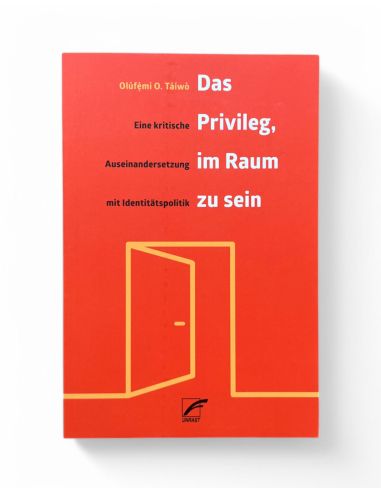Identity politics is everywhere, polarizing discourse from politics to the classroom and amplifying antagonisms in the media. Yet the obsessively used term bears little resemblance to the concept as first introduced by the radical Black feminist group Combahee River Collective.
While the collective articulated a political perspective based on their own position as Black lesbians and explicitly aimed to build solidarity across difference, identity politics is now often used as a means to rally around increasingly narrow conceptions of group interests.
But the problem, argues Olúfẹ́mi O. Táíwò, does not lie in identity politics itself. Through a comprehensive examination of the global black radical tradition and a critical understanding of racist capitalism, Táíwò identifies the process by which a radical concept can be stripped of its political substance and liberatory potential by becoming the victim of elite capture - deployed by political, social and economic elites in the service of their own interests.
By rejecting elitist identity politics in favour of a constructive politics of radical solidarity, it promotes the possibility of organizing the urgent struggle for a better world across our differences.











